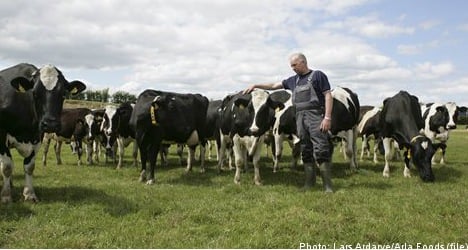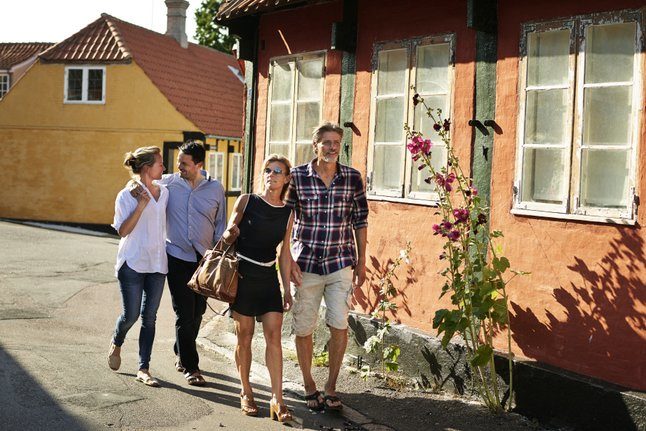Hansa-Milch members and Arla’s board will vote on the possible merger in February and March of next year, Arla said in a statement on Friday.
“Together with Hansa-Milch, we would be able to offer a complete portfolio of dairy products from one single supplier, which will enable us to become an even more attractive partner to the German retail trade,” Arla CEO Peder Tuborgh explained in a statement on Friday.
A key element of Arla’s strategy is to pay members as high a price as possible for their milk. Consequently, the company needs to grow its business further within Europe, particularly in the German market.
As such, Arla would be able to expand its presence in Germany through a merger with Hansa-Milch.
As part of a merger between the two cooperatives, farmers who are members of Hansa-Milch would receive a milk purchase guarantee with no time restriction. In addition, Arla will assure Hansa-Milch of a milk payment price calculated on the same basis as its own members.
In previous years, milk prices for the Scandinavian cooperative has generally been higher than those of Hansa-Milch.
Arla is owned by about 3,500 farmers in Sweden and 3,700 farmers in Denmark. Hansa-Milch has about 1,000 members in northern Germany’s Schleswig-Holstein and Mecklenburg-Vorpommern, of which 670 are active.
The new proposed corporate structure would include a board of representatives comprised of 150 members from Sweden and Denmark and five from Denmark, as well as a board of directors with 18 members from Sweden and Denmark and one from Germany.
Arla is known in Germany for its specialty cheeses Arla Buko, Castello and Arla Höhlenkäse, as well as its Arla Kærgården and Lurpak butters.
A potential merger would be subject to approval by the European Competition Authorities.



 Please whitelist us to continue reading.
Please whitelist us to continue reading.
Member comments